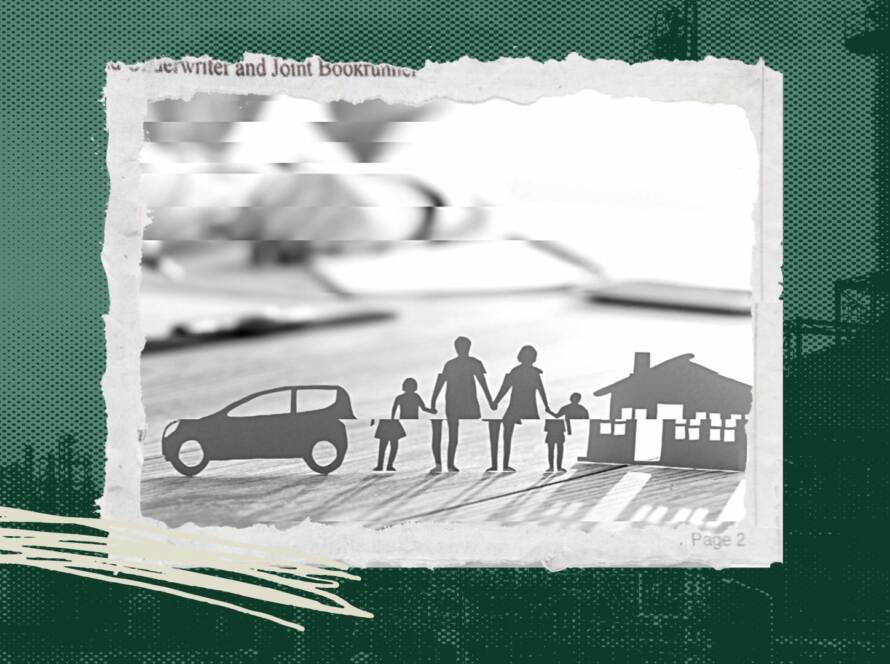Today RBC released its 2022 Climate Report.
There is little in the report that RBC has not already disclosed, and nothing that would improve the grades we assigned to RBC in our report card. There are however some concerning updates to the bank’s financed emissions reporting.
Overall, RBC continues to uphold intensity-based targets that are not aligned with climate science and will not allow the bank to meet its own net zero by 2050 commitment. The bank is currently facing a shareholder proposal filed by New York City in this regard.
The bank continues to promote its $500 billion in sustainable financing without quantifying the impact of that financing on emissions and on its targets. A recent BloombergNEF study found RBC to have one of the lowest ratios of low-carbon energy financing vs. fossil fuel financing of major global banks.
RBC relies heavily on “supporting” and “encouraging” clients but does not set out what it considers a credible client transition plan that it will evaluate clients against, nor a framework for accountability to ensure progress.
Of concern is that RBC’s oil and gas portfolio saw a 25% increase in financed emissions from 2021 to 2022, an increase which may be under-stated due to a narrower new emissions reporting methodology. RBC restated its base year emissions by -80% for the oil and gas industry and by about -83% for its power portfolio, justifying this based primarily on internally developed emissions factors and improved client reporting. More data is needed from the bank to explain this significant shift.
RBC continues not to report downstream scope 3 emissions in the oil and gas sector (e.g. the emissions that result from the product’s combustion), which typically account for the vast majority of the sector’s emissions. RBC only reports upstream oil and gas scope 3 emissions.
Statement by Matt Price, Director of Corporate Engagement for Investors for Paris Compliance:
“RBC continues to bring up the rear on climate action by Canadian and global banks. As one of the largest financiers of fossil fuels in the world, RBC has a responsibility to do much more to tackle its huge transition risk and to align its business with a livable planet.”



